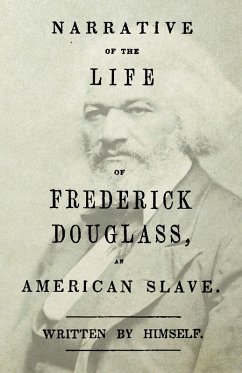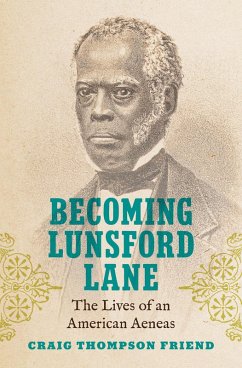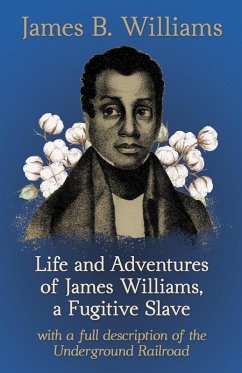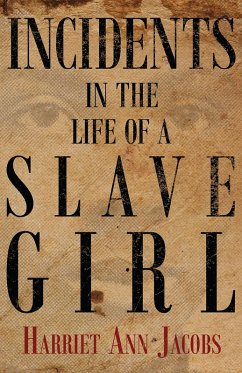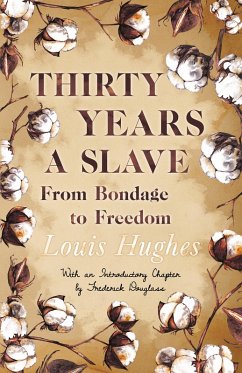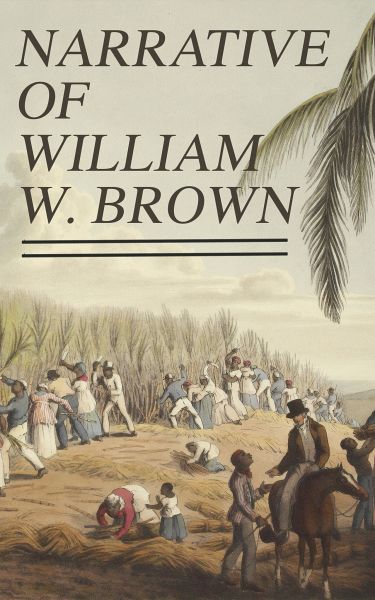
Narrative of William W. Brown (eBook, ePUB)
Written by Himself
Versandkostenfrei!
Sofort per Download lieferbar
1,99 €
inkl. MwSt.
Weitere Ausgaben:

PAYBACK Punkte
0 °P sammeln!
The "Narrative of William W. Brown, a Fugitive Slave, Written by Himself", is a memoir of William Wells Brown published in 1847, which became a bestseller across the United States, second only to Frederick Douglass' slave narrative memoir. Born into slavery in Montgomery County, Kentucky, Brown escaped to Ohio in 1834 at the age of 19. He settled in Boston, Massachusetts, where he worked for abolitionist causes and became a prolific writer. While working for abolition, Brown also supported causes including: temperance, women's suffrage, pacifism, prison reform, and an anti-tobacco movement. He...
The "Narrative of William W. Brown, a Fugitive Slave, Written by Himself", is a memoir of William Wells Brown published in 1847, which became a bestseller across the United States, second only to Frederick Douglass' slave narrative memoir. Born into slavery in Montgomery County, Kentucky, Brown escaped to Ohio in 1834 at the age of 19. He settled in Boston, Massachusetts, where he worked for abolitionist causes and became a prolific writer. While working for abolition, Brown also supported causes including: temperance, women's suffrage, pacifism, prison reform, and an anti-tobacco movement. He was a pioneer in several different literary genres, including travel writing, fiction, and drama. In his memoir, Brown critiques his master's lack of Christian values and the customary brutal use of violence by owners in master-slave relations.
Dieser Download kann aus rechtlichen Gründen nur mit Rechnungsadresse in A, B, BG, CY, CZ, D, DK, EW, E, FIN, F, GR, H, IRL, I, LT, L, LR, M, NL, PL, P, R, S, SLO, SK ausgeliefert werden.






